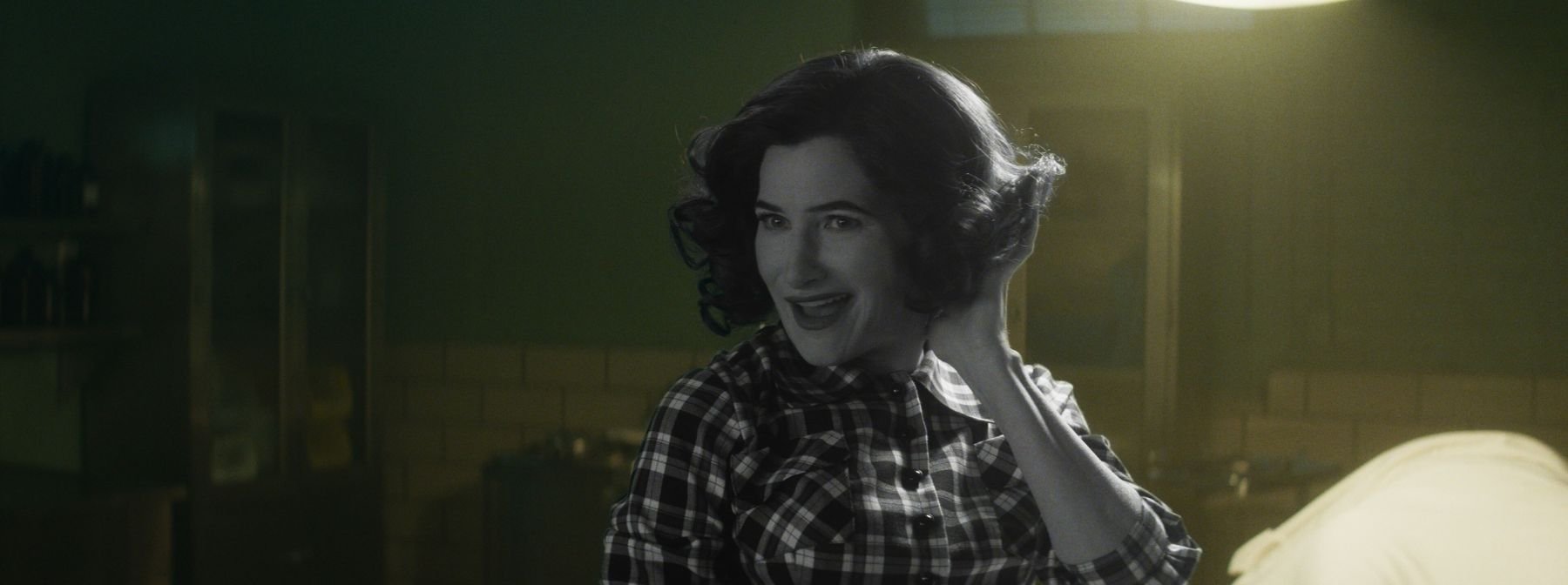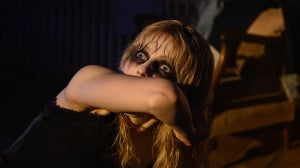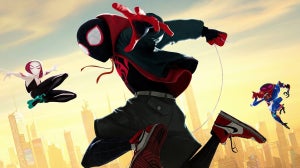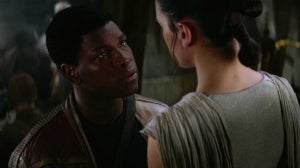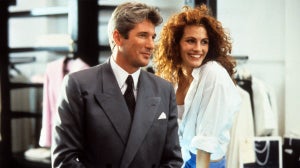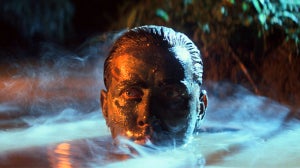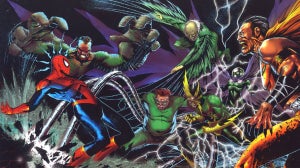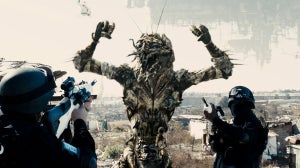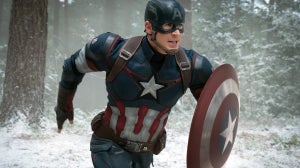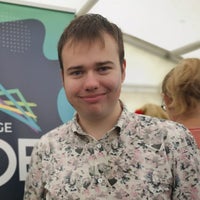
Picking up after the events of WandaVision, Agatha Harkness (Kathryn Hahn) is still trapped in the Fairview suburbs with none of her witch powers to speak of. Thanks to the sudden appearance of an unnamed goth teen (Joe Locke) who wants to be her apprentice, she’s able to break out – but she still needs to get a new coven together to face the witch’s trials if she wants to become the feared sorcerer she once was.
Outside of that plot, however, is more emboldened LGBTQ representation within the main cast, not just with Locke’s openly gay sidekick, but with Agatha herself, who the show not-so-subtly hints had a prior relationship with warrior witch Rio Vidal (Aubrey Plaza). It almost seems like a response to the viral “getting queerbaited by the Marvel Cinematic Universe is like losing chess to a dog” tweet.
Creator and showrunner Jac Schaeffer explained to us that, because of the history of witches, the series couldn’t be understated when it came to acknowledging the sexuality of its characters.
She told Zavvi: “I was tasked with the responsibility of defining witches in the MCU, and I set out to conjure characters who are multi-dimensional, who felt real whilst also being theatrical and charismatic. There is an enormous overlap between the history and persecution of witches and that of the LGBTQ community, just as there’s a lot of intersection between the queer community and the horror genre, so it was a very natural fit for there to be queer representation in the show.
“In fact, I think of Agatha as a drag queen; not only is she an icon, but she’s a performer above all else, and a code switcher depending on who she’s with. With all of this in mind, the writing team as a group were unapologetic about making these characters openly queer.”
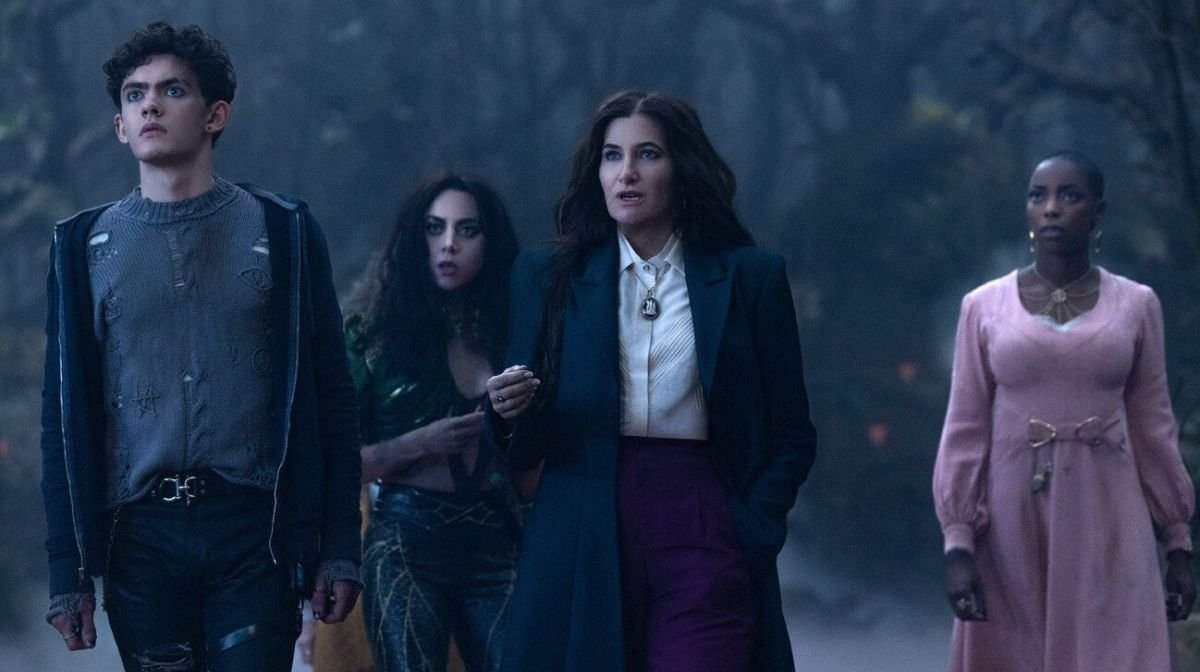
After being introduced as the villain in WandaVision, Agatha All Along reclaims Hahn’s character as a lovable anti-hero. However, this was a difficult line to walk, as Schaeffer and her writing team couldn’t forget that their protagonist was duplicitous, and eager to deceive everybody around her if it meant achieving her goals.
“We talked a lot in the writer’s room about what the line is for Agatha – we'd have discussions about darker sides to her, and we’d wonder whether it would go too far for the audience. But it wasn’t that tricky to stay true to her character, as she’s so clear in what she wants: we know she wants power, and wants to wear a mask.
“The harder parts were figuring out what was behind that mask, getting to her inner truth rather than just asking “how bad is she really?” Our focus was always on getting to her inner truth, which I think is what kept us going on what I consider to be the most interesting and provocative path for the series.”
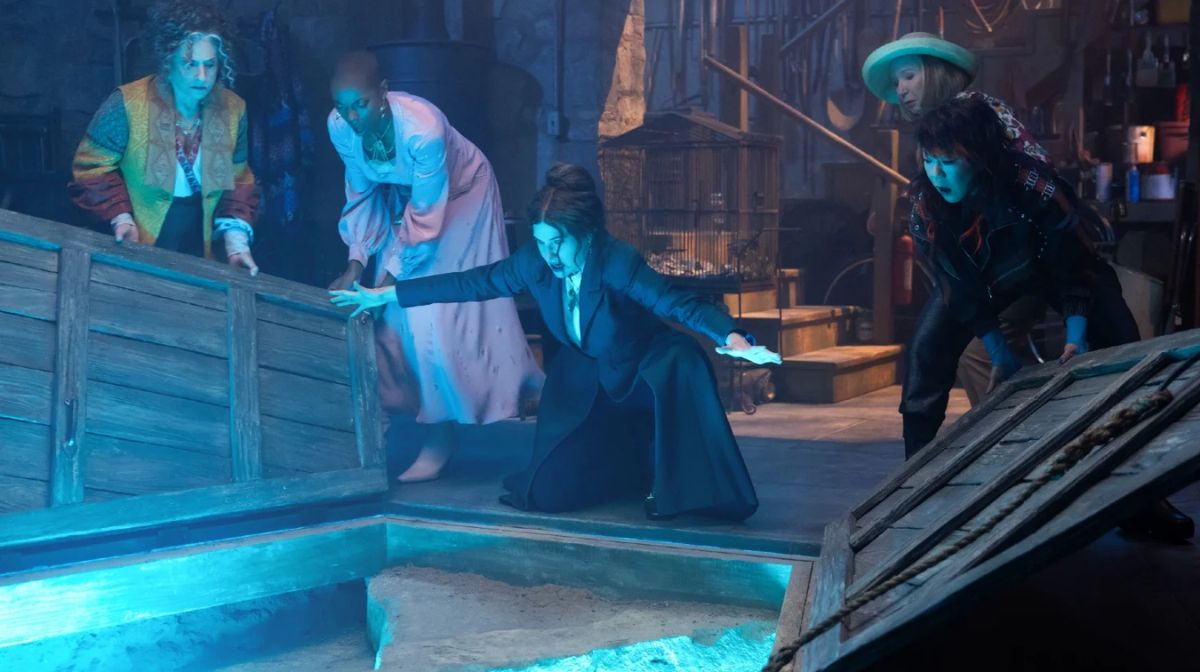
The opening episode of the series takes the form of a homage to the HBO miniseries Mare Of Easttown, with Agatha playing the role of Kate Winslet’s worn-out detective. Whereas Wanda saw herself through the lens of sitcoms that presented her dream family life, throughout this series Agatha keeps finding herself within parodies of prestige miniseries.
Schaeffer laughed that although this is her “trying to get a job at HBO”, these moments are crucial to how the show analyses what lies underneath Agatha’s many masks.
“I am an enormous fan of prestige television, as these are the shows with the most complex structures and complicated characters. You think you have someone pegged and hate them, and then you discover a layer of vulnerability, and it changes anything – you become team Kendall Roy even though you were certain he was a jerk in last week’s episode!
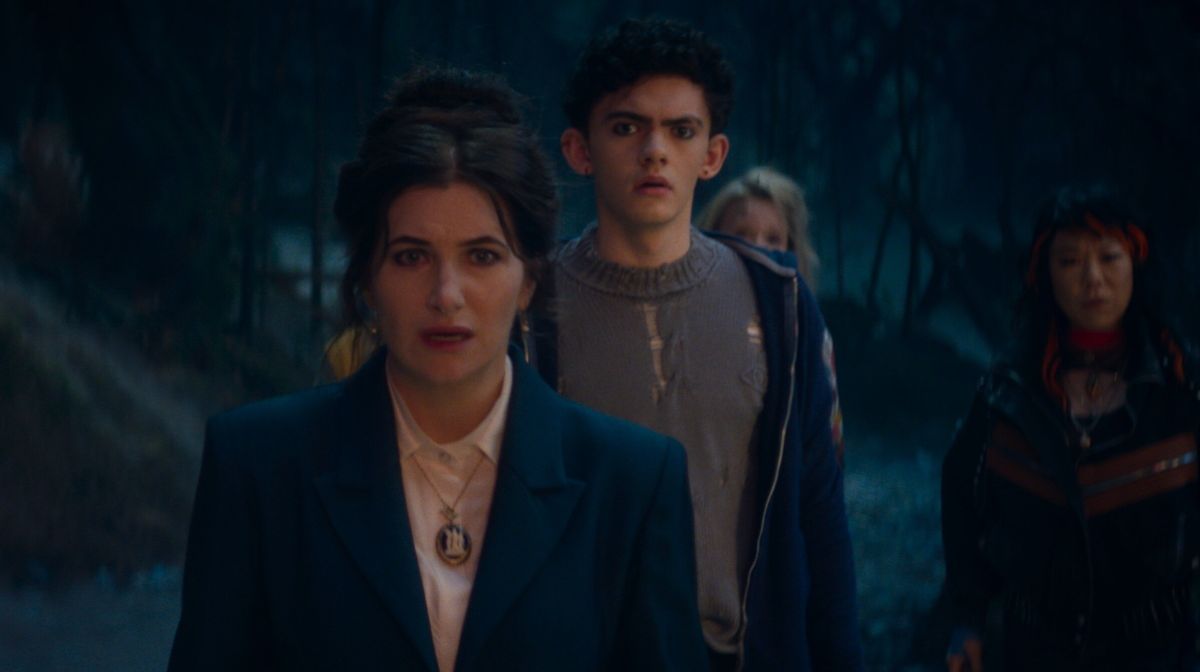
“The homages we chose in this show are about the witches as a whole unit. The shows we reference were picked out to mirror the spaces where covens gather, so we were looking for the places where powerful women who are complicated, duplicitous and suspicious thrive.
“We had many lists of shows we wanted to reference, and a lot of them fell away – I won’t list them, as that may spoil some we pay homage to later this season by accident. One of the difficulties of this kind of referential storytelling is having the discipline to know when a fun idea won’t work, and the idea of placing Agatha in a true crime procedural actually originated in the WandaVision writers’ room, but we had to cut it from that series.
“As a creator, I comfort myself with knowing that these fun ideas can go back into the bag of tricks, as you never know, you can dole them out in another situation, where it works better for the characters.”
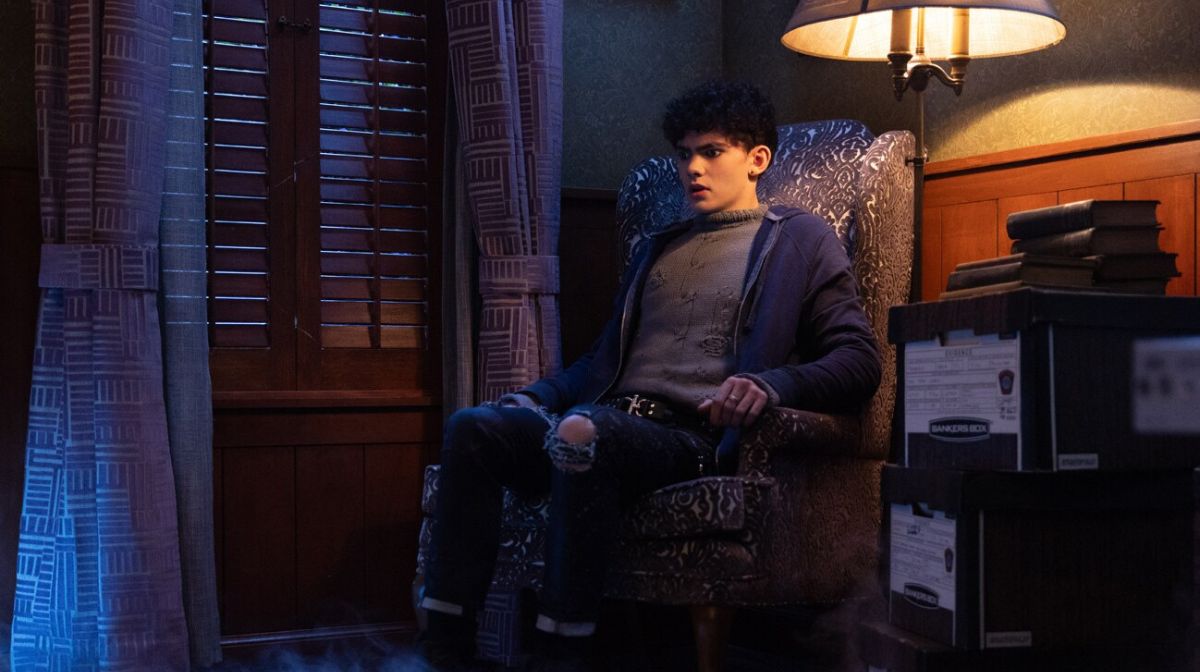
Another thing Schaeffer won’t give away is the identity of Locke’s “teen”, widely assumed by fans to be Wiccan, aka Billy Kaplan: Wanda’s son and future member of the Young Avengers. In the series, he has a curse placed upon him which quite inconveniently covers his mouth whenever he introduces his name, or other identifying details.
It’s a mystery that lingers in the background of the series, but the writers were keen to make sure it didn’t take over and become the only thing fans talked about.
“We didn’t want to make schmuck bait, something that would string the audience along by their nose for the sake of it – there's a utility and a point to the mystery, but it was hard in terms of the mechanics, to work out how and why we obscure that information.
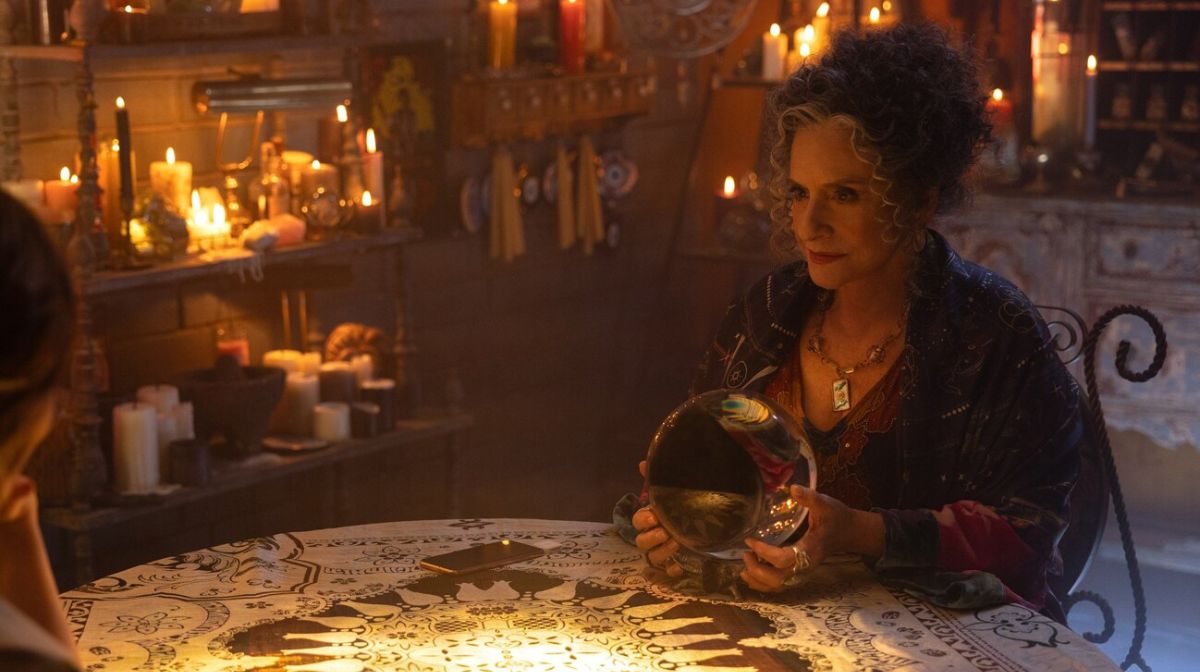
“But it wasn’t hard to write a fully dimensional character, because the only thing you don’t know is where he stands in the MCU of it all. We were writing for this character, not his wider MCU role, and Joe fully understood that; he knows who the core of this person is and embodies that.
“One of the gambles is whether audiences will be delighted by the surprises, and I’m as anxious as anyone else to see how his identity is received by fans when the story unfurls.”
The other thing that will give Marvel creatives some anxiety is the context it’s being released into. Yes, Deadpool And Wolverine has made over a billion dollars for the studio, but any new film or series that doesn’t feature one of their A-list characters is still being framed as a make-or-break moment for the superhero media empire.
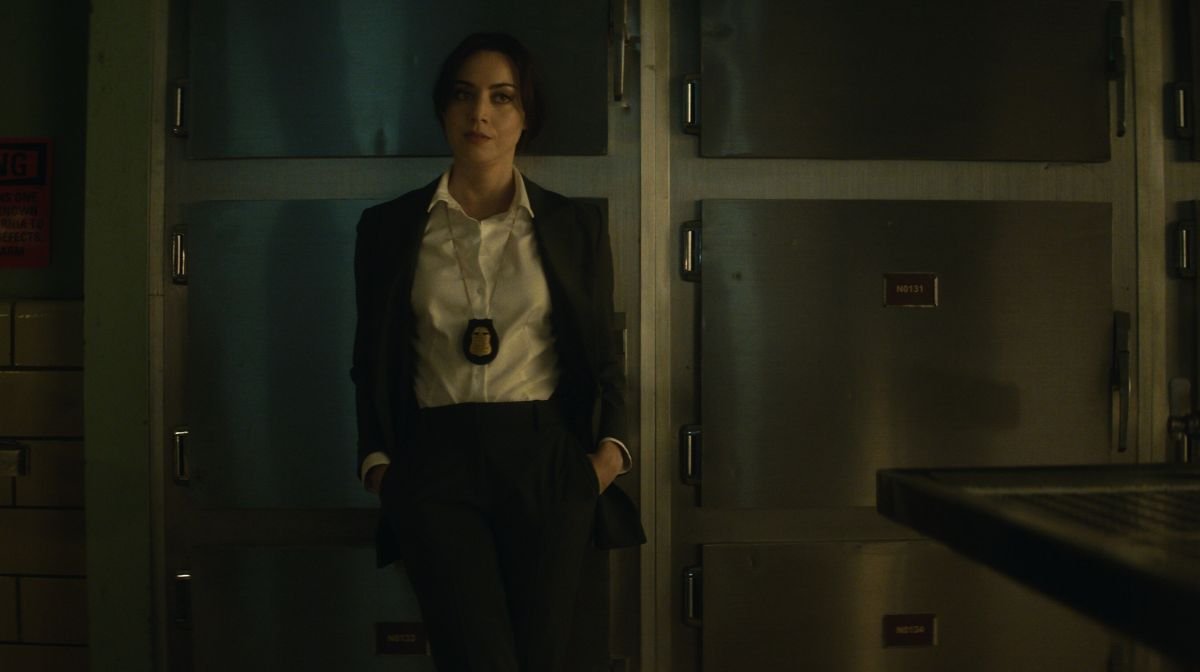
This is why Schaeffer is quick to call her series a deliberately “low stakes” one, an adventure that’s altogether unconcerned with pushing this phase of the MCU forward.
“I’m so lucky to be able to make a show at all, and to be making something where people have already got positive or negative opinions without going in – I mean, I’m just lucky I’ve made something people have opinions about!
“I love being in this corner of the MCU sandbox where it’s not about the fate of the universe, but how these characters bounce off one another. I’m more interested in the underdogs and the unexpected stories at the edges of this world.”
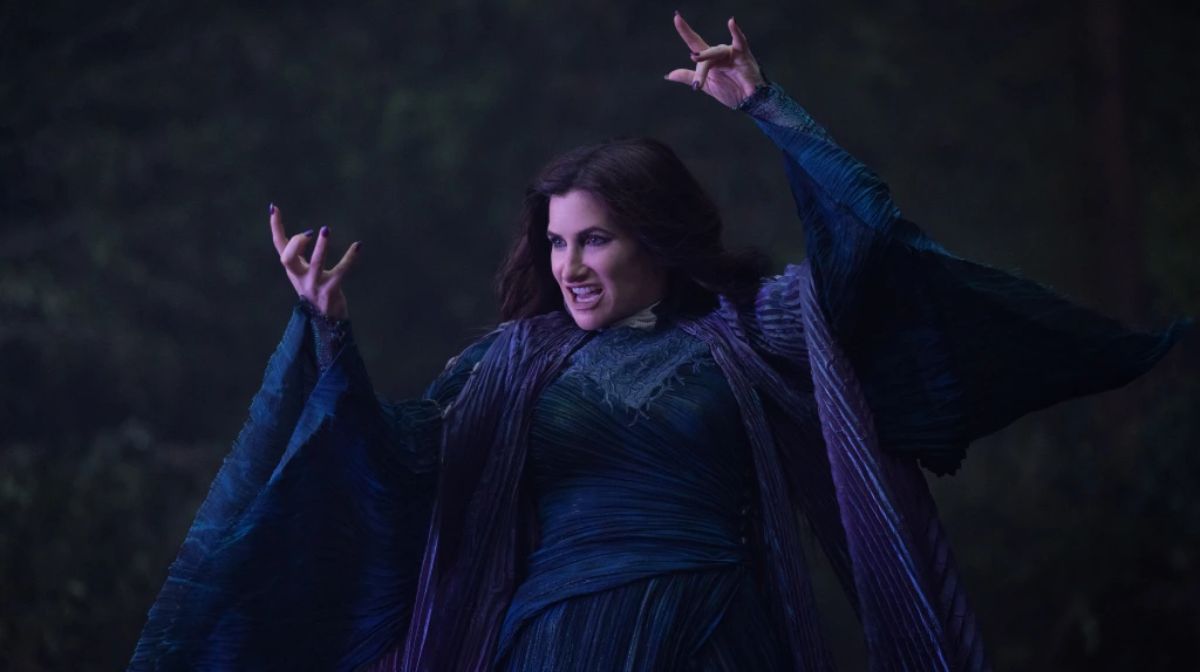
As to whether this will be the last we see of Agatha Harkness, Schaeffer states that she approached the series in the same manner as WandaVision: a one-off that doesn’t necessarily suggest a return for the character.
“When I was hired to write on that show, the way Kevin Feige described Marvel’s TV plans was that each series should feel like the limited run of a comic. You’d have enough time to dig into the characters more, but it should feel complete in the same way as when you’d finish a book, and I approached this series by continuing to have that goal in mind.
“I don’t know what Agatha’s future is, but I do know that everything I’ve made I wanted to feel satisfying and emotionally complete for the audience.”
Agatha All Along premieres on Disney+ with the first two episodes on Thursday, 19th September, with new episodes following every week.

